Early Summer Flower Garden
Yesterday afternoon, I grabbed my camera, and in between slapping off those nasty biting flies, I took pics of the flowers blooming in my flower beds right now.
The Indian Blanket Flower just starting to bloom.
I planted it from seed a few years ago, and it has come back every year. The honeybees love it.
A native plant, it will bloom all summer right up to frost. The Kiowa Indians believed that the flowers would bring good luck.
The Yellow Toadflax is also blooming now.
Also called Butter and Eggs, it is native to Europe and Asia, was introduced to North America in the 1800s, and has now become naturalized. Mine tagged along with some daylily plants my mom gave me years ago, and it has spread around my flower beds. It will bloom through August.
The Mallow is looking lovely.
It was a gift from my Mom a couple years ago. The plant is about 3 feet high, and will bloom most of the summer. Belonging to the Hibiscus family, in ancient times it was used as a medicine, and also for decorating graves.
The Yarrow is looking pretty. After all the wind we had this spring, it was beaten up, but it has bounced back. I have two varieties, Rosy Red Yarrow,
and Fern Leaf Yarrow.
Both are very heat and drought tolerant, and can be cut, dried, and used in dried floral arrangements.
My Prairie Coneflower is just bursting with buds and has started blooming.
I have several plants, started from seed last spring, and this year they are about two feet high, and just looking great. A native plant, they will bloom through August. The Native Amercans brewed a tea from the leaves and flowers, and used the leaves and stems to treat poison ivy, rattlesnake bites, headaches, and stomachaches.
Last, but not least, is the Hollyhock. I also started these from seed a couple years ago. They reseed themselves, so I have a few plants pop up in the garden each year.
They are native to Asia, and will bloom through September. Brought to North America in the 1800s, the Native Americans used the leaves and flowers for skin inflammations.
Thanks for coming along on the garden tour, and just be glad you didn’t have to swat off the biting flies. Wicked things. They were terrible yesterday.

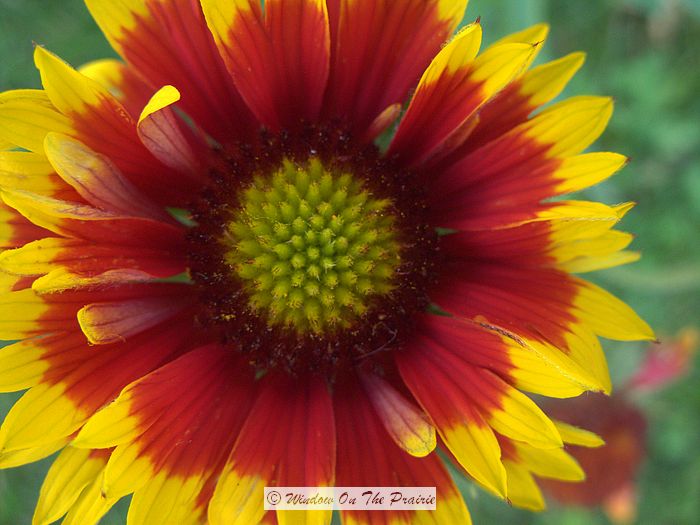
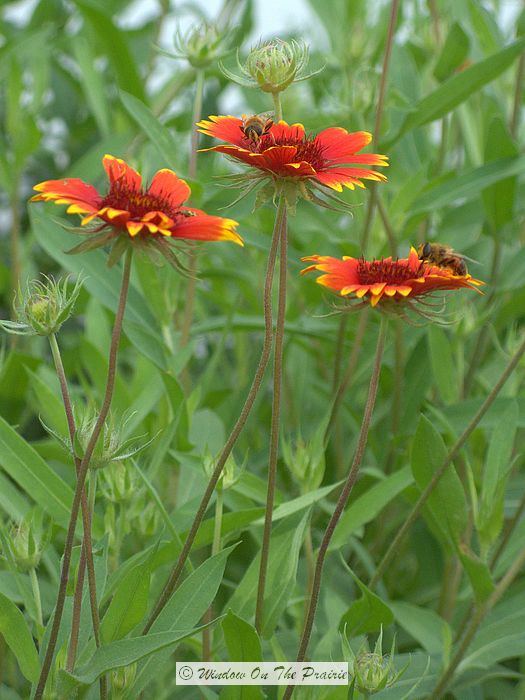
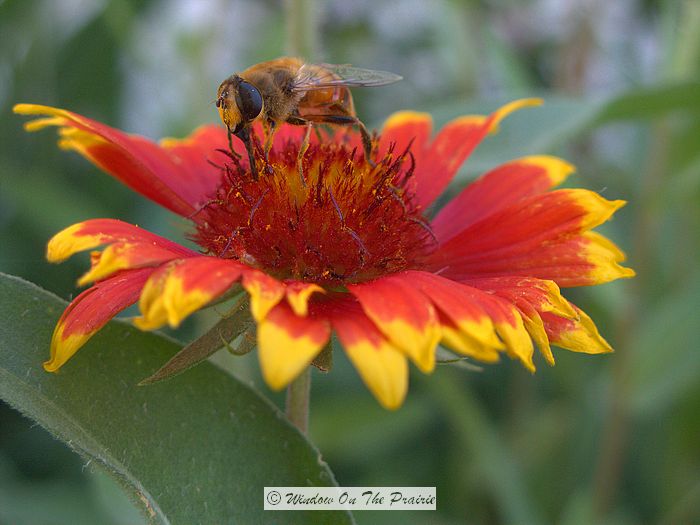
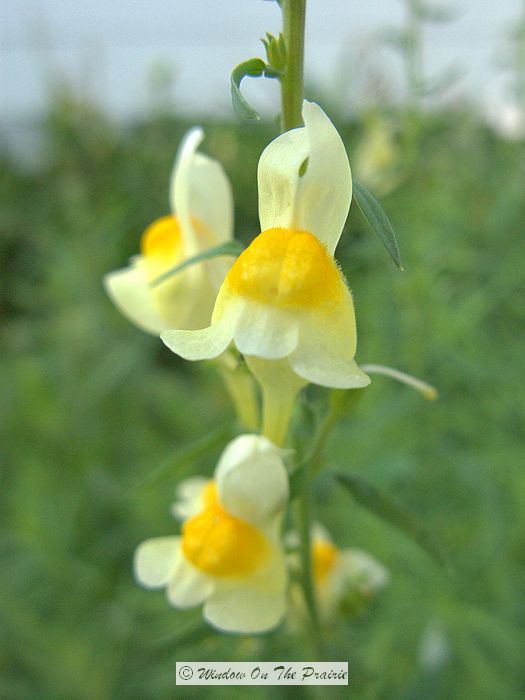

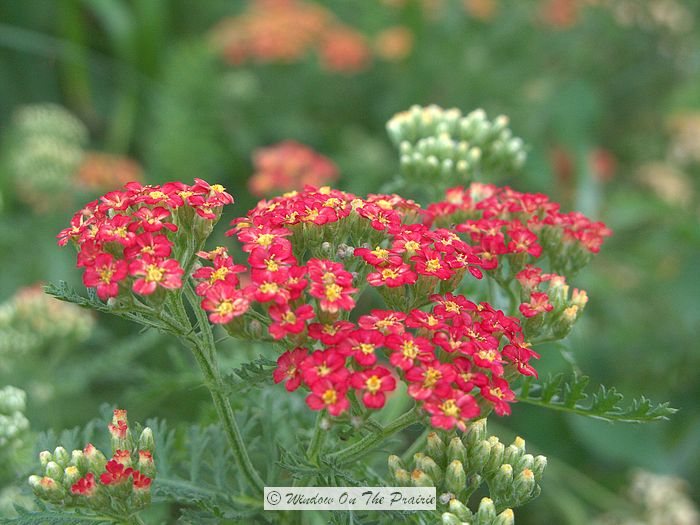
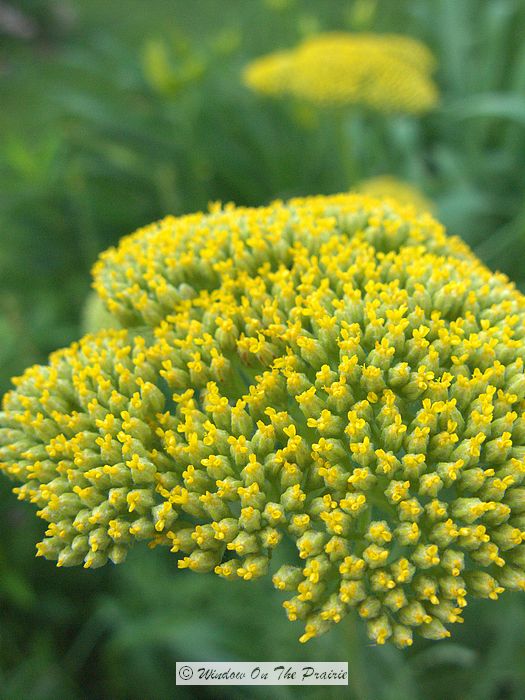

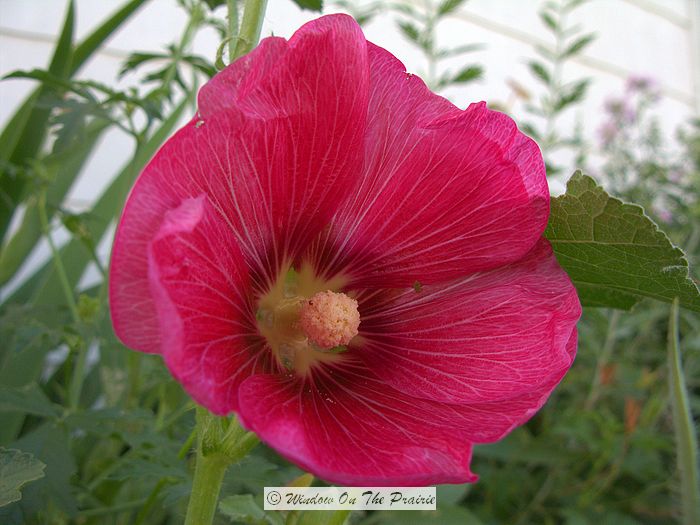

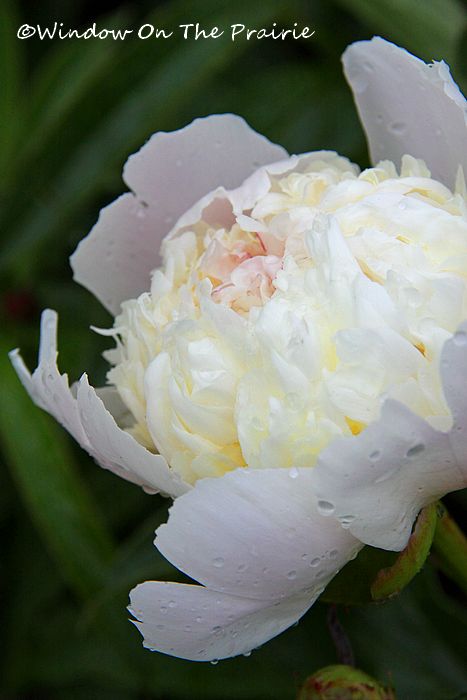
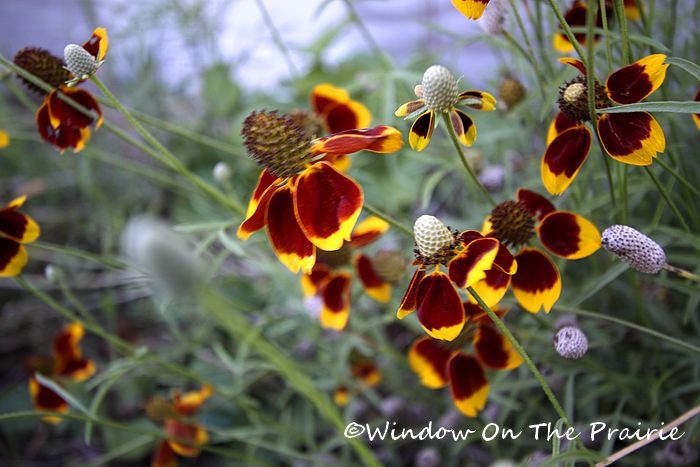

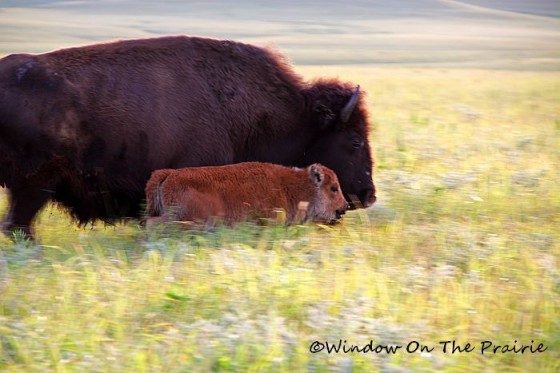
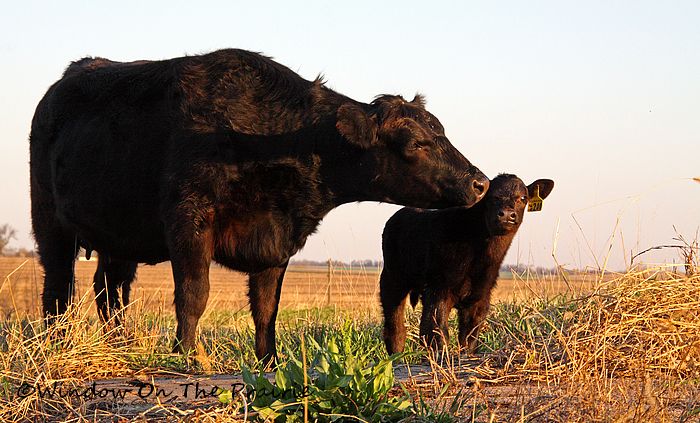

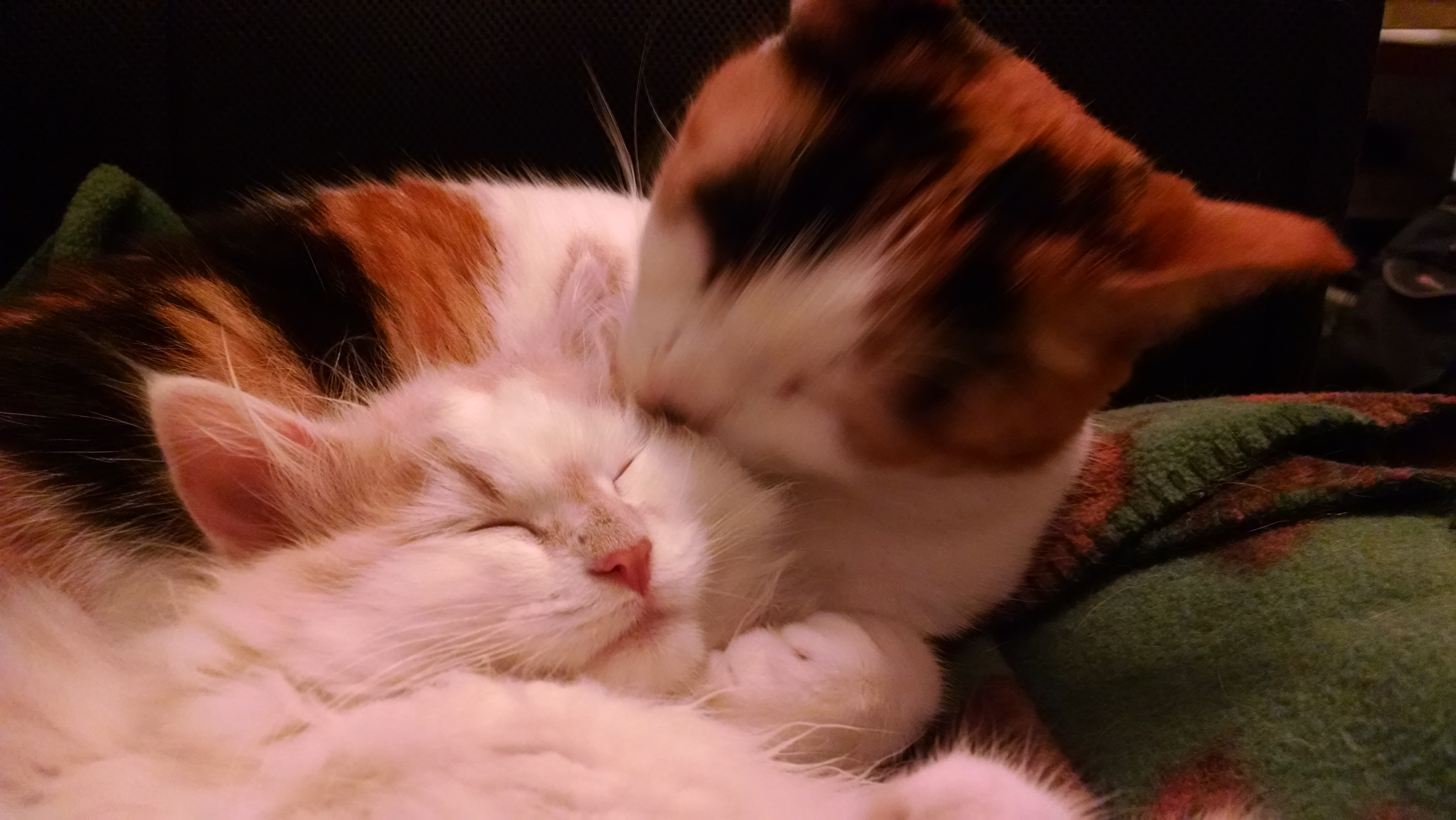
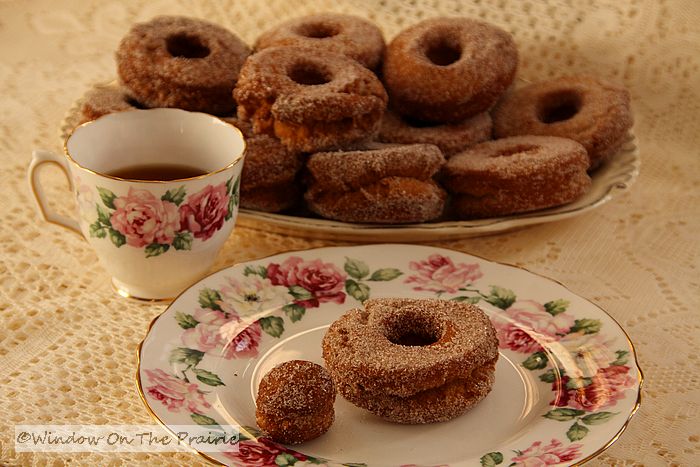

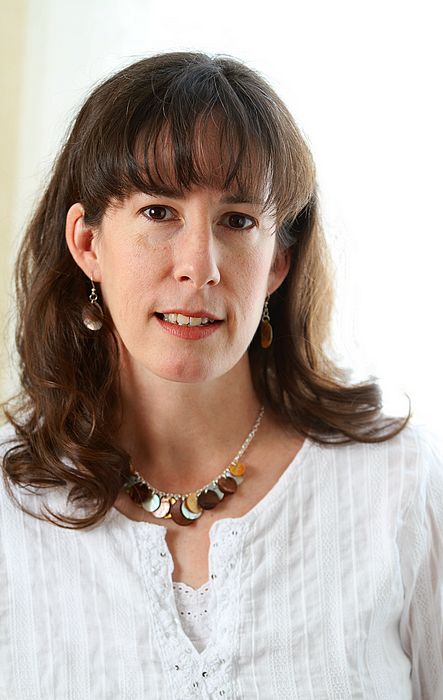


Thank you for braving the flies to take these beautiful photos. Such nice colors amidst the green.
Hello Gardener,
You’re welcome. Those flies are especially bad when it is humid and there is no wind. As non-windy days are as rare as hen’s teeth here, the flies aren’t a problem very often, thank goodness.
Suzanne
Where were you raised anyway? “Rare as hen’s teeth”. Do you suppose that is just a midwestern saying or is it common throughout any area of the nation? Great pics by the way.
Hey Glenda,
Don’t be a ninny, you know I was raised in Missouri. I got that expression from my Mom, who was raised in New Jersey, so we know that expression covers at least the eastern half of the country. Now go find something to do and get out of my hair.
(Glenda and I are good friends by the way,can’t you tell?)
Suzanne
great pictures, did you know the yarrow leaves were used as a wound dressing from mediaeval times?
Interesting that introduced plants were adapted so quickly into indian medecine.
Hi Jane,
Thank you for stopping by. I thought that was interesting too – that the Native Americans found a use for non-native plants. I didn’t know that before yesterday.
Take care,
Suzanne
How wonderful! It must be simply beautiful to see them all together, minus the bugs that is.
Hello Amanda,
Thank you! I suppose that if we didn’t have the biting flies this would be the garden of eden. :o)
Suzanne
That’s the best answer by far! Thanks for cnoitbruting.
Glad to know the name “Yellow Toadflax”. I feel better now know it’s given name.
Hi Glenda,
I had always known it by its other name, Butter & Eggs, and it wasn’t until a couple years ago I heard it was toadflax. Strange name.
Suzanne
You have such beautiful flowers in your garden. I love that you are so knowledgeable about them. I just look at mine and dumbly think, “Pretty.”
Hi Teresa,
I’m glad you enjoyed the flower tour.
Thanks for dropping by,
Suzanne
Huh, I didn’t know hollyhocks were so useful. I just used to pull the petals off, peel them apart and stick them on my ears and around the hem of my dress for decoration. Grandma was a tolerant woman considering she could have up to six granddaughters out raiding her hollyhock patch at a time.
Hi Maegan,
I remember growing up how we used to take apart the seed pods, and how I thought it was so neat that the little seeds were all lined up in a circular row.
Thanks for dropping by,
Suzanne